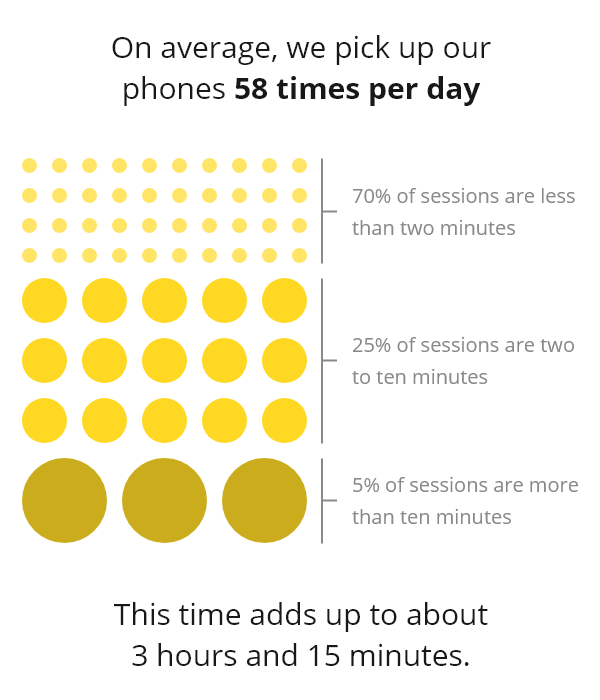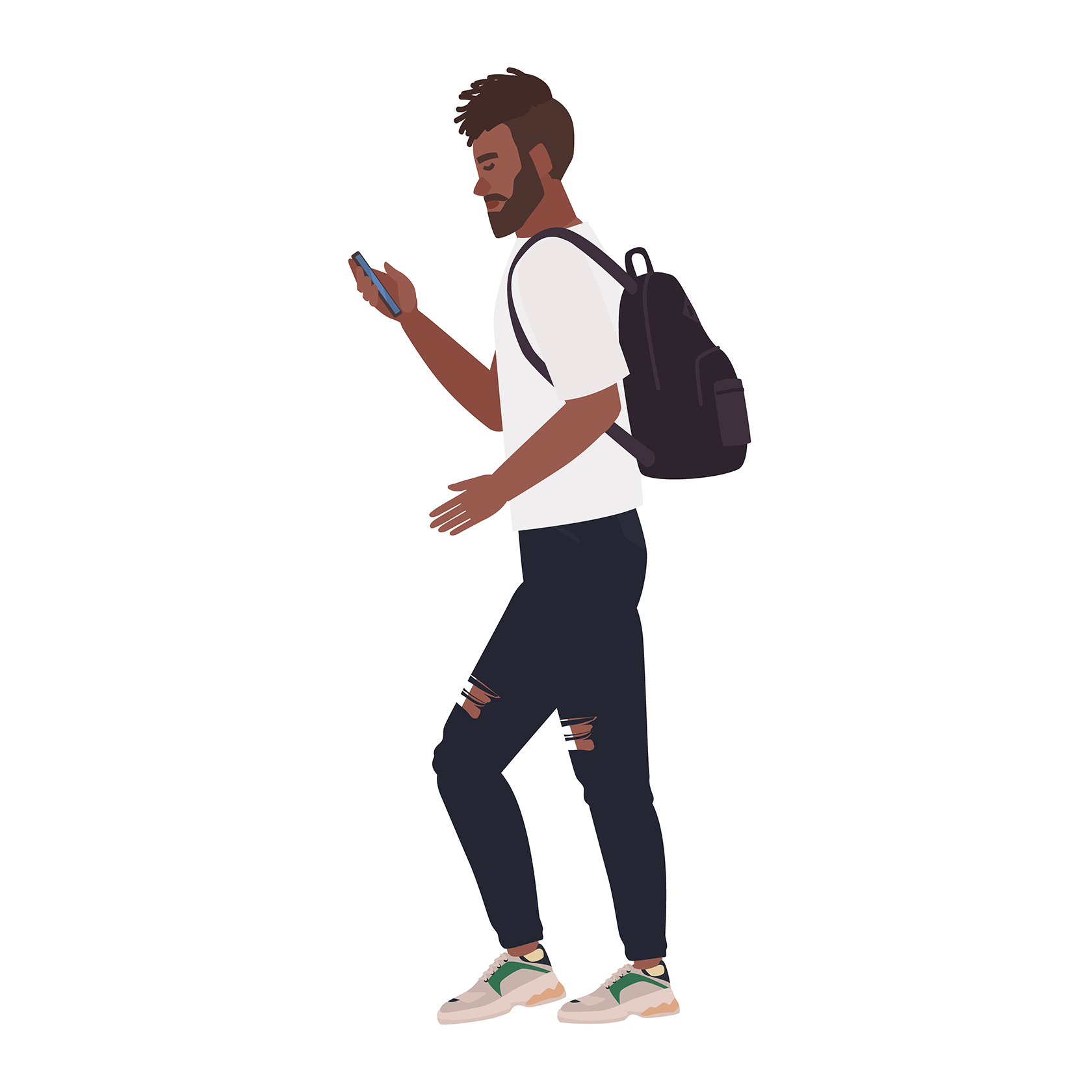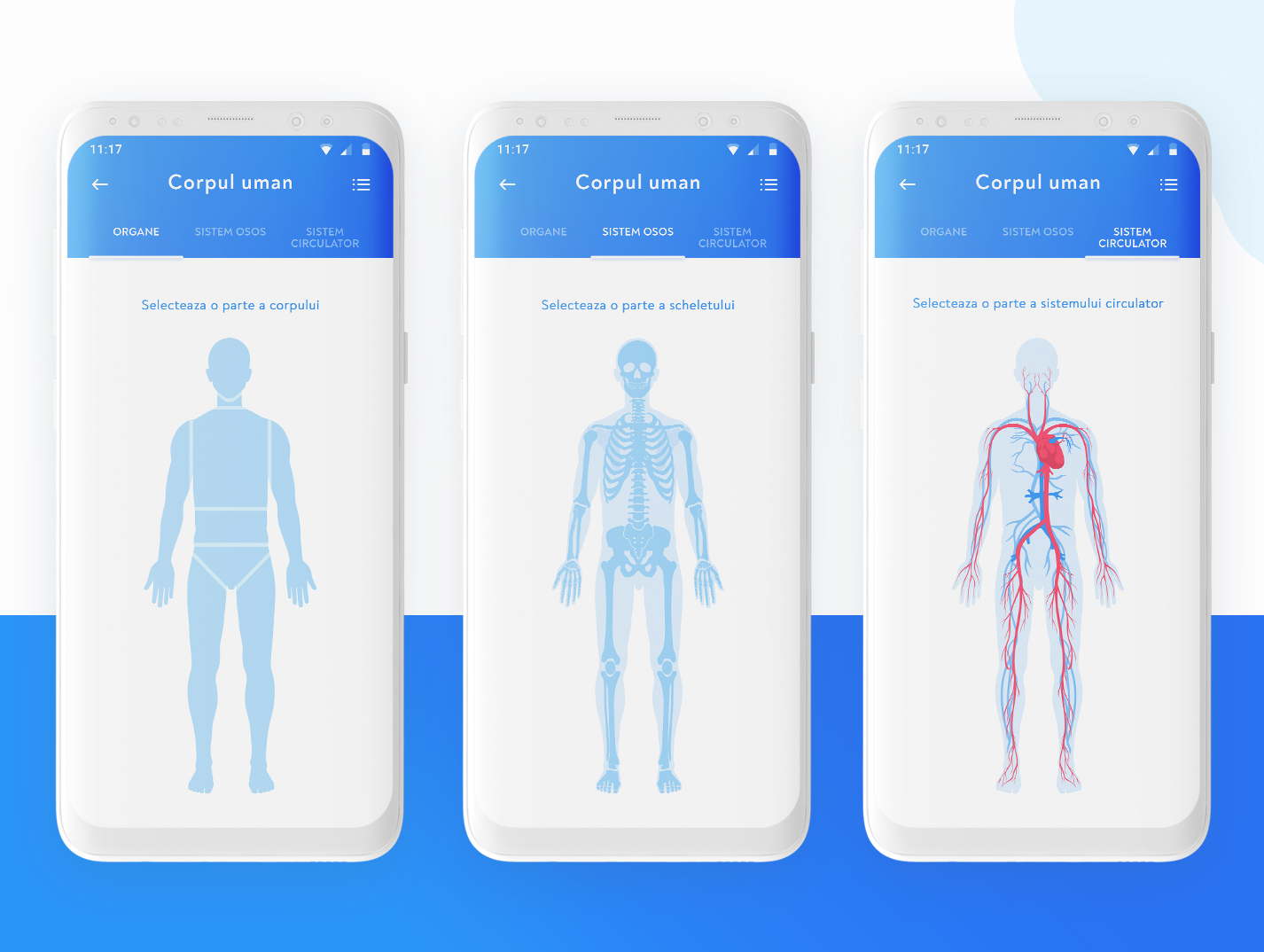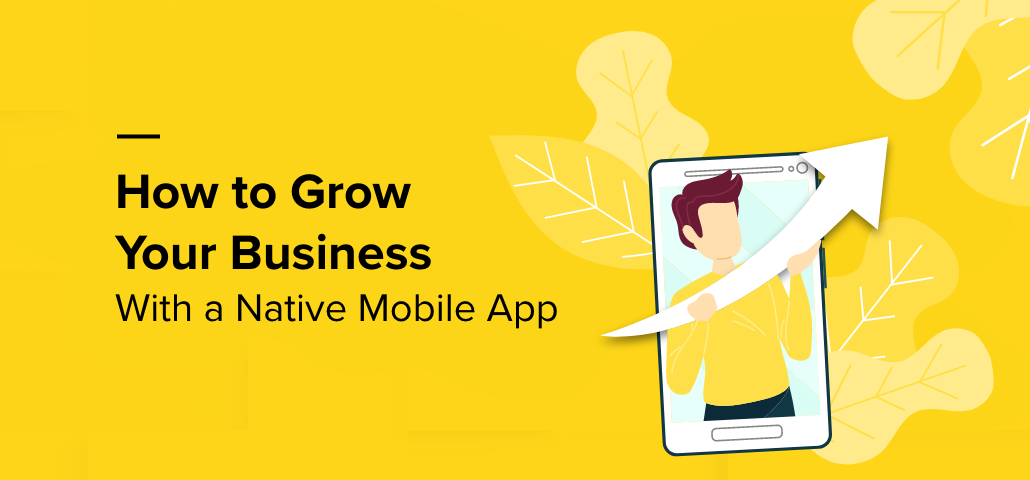The Impact of Mobile Technology In Our Lives
We are living in the era of gadgets and smartphones, and communication has never been so easy; with social media, we’re always connected to our friends and millions of other people, no matter where we are. All we need is a smartphone with an internet connection.
Mobile phones have become part of our daily lives and besides communication, we have available a vast variety of apps that can make our daily life a lot easier. Though the cost of app development is rising, the number of apps in app stores is increasing. Some of these apps had been optimized for mobile apps stores so that we can find them easier.
With only our mobile devices we can read books, listen to music, take pictures, watch videos, play games, create and edit documents, get a medical opinion, and much more. Therefore, people are spending more and more time on their phones, increasing their usage time with almost 50% from 2019 to 2020.

However, being in the business of making apps, we must question what’s the impact of mobile phones in our lives and society? In this article, we’ll look into what are the positive and negative effects of using mobile phones on a daily basis.
Negative effects of mobile phones in our lives
1. Waste of time
As much we love what nowadays smartphones can do for us, this technology also has a downside. A recent study from the digital analytic firm Flurry shows that we surprisingly spend on average almost 3-4 hours a day staring at our smart devices, totalizing nearly one day every week! One day, that’s right!

2. Addiction
Phones addiction has a name: nomophobia, the fear of being out of cell phone contact. Therefore, not just spending too much time on our devices is a sign of addiction, but the fear of not having them on us as well. Like any other form of addiction, studies show that people that are addicted to their phones often show signs of depression, anxiety, and other forms of mental health problems.

3. Distraction
Another study, this time from Florida State University, says that smartphones notifications can impair our concentration, even being short in duration they cause enough of a distraction to affect your ability to focus on a given task, decreasing your performance by prompting task-irrelevant thoughts and mind-wandering. This can be very dangerous in some specific situations, like driving, for instance, a simple notification can cause really serious accidents.

These studies are only the tip of the iceberg, they just give us an idea of mobile technology’s impact on our lives. I know that there are great apps that can be really helpful in some specific situations, but for each one of them, there will be thousands of useless ones that will just serve you as a distraction, consuming your time and making you less productive person.
4. Affecting social skills
Besides the problems mentioned above, it also has a huge impact on people’s social lives, people are getting more disconnected from the real world, they put their phones ahead of human interaction, it’s getting harder to see people talking to each other in public places, they’re always too busy with their mobile devices, checking notifications, sending messages or just sharing a new video. Our social skills seem to diminish constantly due to the overuse of smartphones and turning us into “smombie”.

“Smartphone zombies” or “smombie” regularly cross our ways, perhaps you’re not familiar with the term but most likely you saw one today. They’re the people on public streets and places who walk slowly in peculiar ways with their eyes and fingers focused on your phone display. But it isn’t just road safety at stake here: think about how often they bump into things.
The technology that drives mobile devices has improved a lot since they appeared, and especially in the last ten years. Mobile gadgets have gotten smaller, more powerful, and very useful. They are everywhere and play increasingly greater roles in the lives of most everyone.

It’s worth taking a break from our obsession with how thin, light, and adaptable the hardware of mobile gadgets might be. While wondering what the next great phone or tablet may be is fun, it’s not everything. What is important is how profoundly it’s improving our lives, and the major roles these gadgets are assuming.
NOTE: If you have an idea of an app that could help improve our lives get in touch with us or check our page to see how we can bring you app idea to life.
Positive effects of mobile phones in our life
1. Communication
Besides the dark part of mobile technology, in the form of phones, tablets, and notebooks, is making our lives better than ever before. It does this in many ways, not the least of which is making communications routine. We can be in touch with those we need to reach, whether work-related or personal in nature. Mobile technology has changed the way we do business for the better.
Never have we been able to share so much with friends and family as we can today, and that is in great part due to mobile technology. Without mobile devices and the technology behind them, participation in social networking would never have grown as much as it has. Sharing seemingly trivial information like where we are, what we are doing, and what that looks like significantly impacts our relationships with friends and loved ones.
Mobile technology has given a voice to those otherwise cut off from the world during cataclysmic events. That voice can reach out for help when local tragedy strikes, and for the first time, these people are not alone. They can share their plight using mobile communication through text, voice, and, most importantly, images, and bring about real change.
2. Daily utilities
Mobile phones have changed the way we live our lives. Now, not only can they help us stay connected with friends and family over social media or talk to someone on a video call without paying for data usage, but they also make everything from booking hotels and cabs to capturing memories easier than ever before thanks to their built-in cameras! We have more information in our hands than at any time in history. It has become second nature to quickly lookup helpful resources for whatever activity we need to do. Our gadgets can even anticipate what information we need and present it to us when it is most useful.
3. Healthcare services
While mobile phones has improved our daily lives on many levels, it has profoundly raised the quality of life for many. Healthcare is an area that has embraced mobile technology, and while it’s still in the infancy of adoption of this technology, it is already making profound improvements for many.
Healthcare providers get a quick medical opinion, through medical apps like this one, or they can review home medical tests from anywhere and make crucial changes to the patient’s care. Medical staff members can receive pacemaker tests remotely using a phone and change the programming of the device to address changes in the patient’s condition. Doctors can see intricate diagnostic images on phones and find conditions that need immediate treatment, all while the patient is comfortable at home.

Villagers in third-world countries who have no local healthcare can be diagnosed and have treatment prescribed by distant healthcare providers. Patients in areas experiencing significant problems with counterfeit medications can use a phone at the point of purchase to confirm if a medication is legitimate. This is saving lives and improving healthcare every day for those affected.
Children with ailments such as autism are using tablets to help them focus and communicate with those around them. Patients recovering from strokes and brain injuries are using tablets to great effect in their recoveries. Patients of all ages are using mobile devices to communicate with healthcare providers and loved ones as they never could before.
People born without hearing are having implants that can be programmed by wireless technology that allows them to hear their children speak for the very first time. Text messaging on phones has made a tremendous impact on communication for the deaf.
Diabetics can monitor their glucose level and have it wirelessly transferred to a small insulin pump that injects just the right amount to keep them where they need to be.
Blind individuals can use mobile phones to not only improve their lives but also help achieve an incredible level of independence. Not only do these phones speak to the blind so they know what is displayed on the screen, but they also have software that can safely guide them out in busy cities. Mobile technology can help the blind pick out clothes for the day that match. The technology on smartphones can scan the change received from purchase and tell them how much was given.
Conclusion
We are in a fantastic era of mobile technology, and it is exciting to watch it unfold.
It’s fun to wonder what the next tablet or phone might be like and what capabilities it might have, but that’s just a little stuff. The improvements that are appearing in our daily lives, and society in general, are what really matters. It is bringing the world closer together — a truly amazing situation.
We may not be able to live without our phones but we can take steps now to reduce the negative effects of this addiction. One way is by reducing the time spent on your phone and trying to communicate face-to-face instead of relying on your phone for every small task, so you can focus on what really matters in life. The tips here are just a few ideas about how you might try living with less stress from technology. What do you think? Is there anyone who doesn’t use their mobile device at all or very little? How has it helped them? Let us know!



